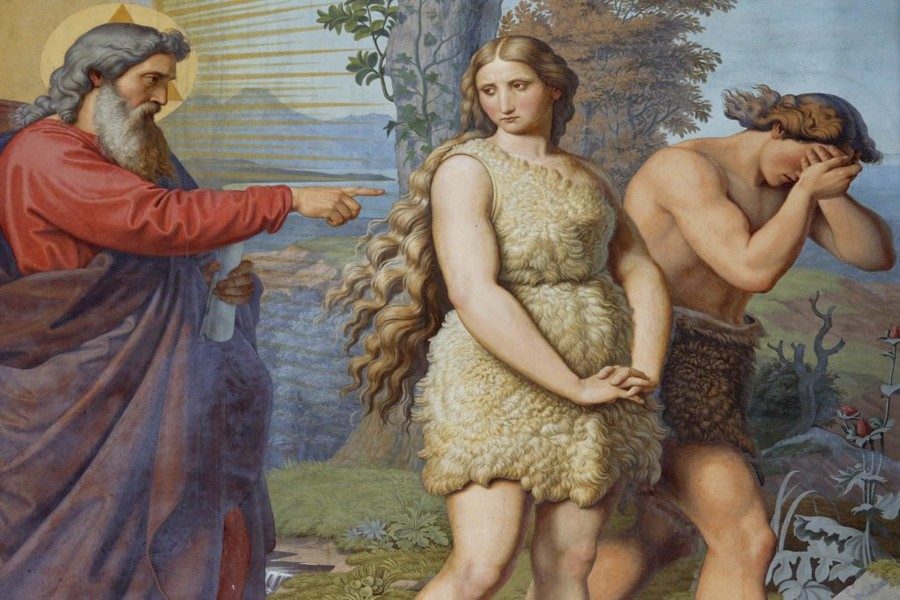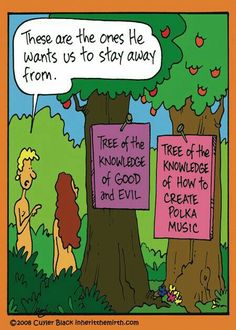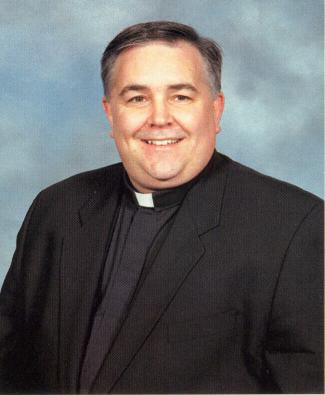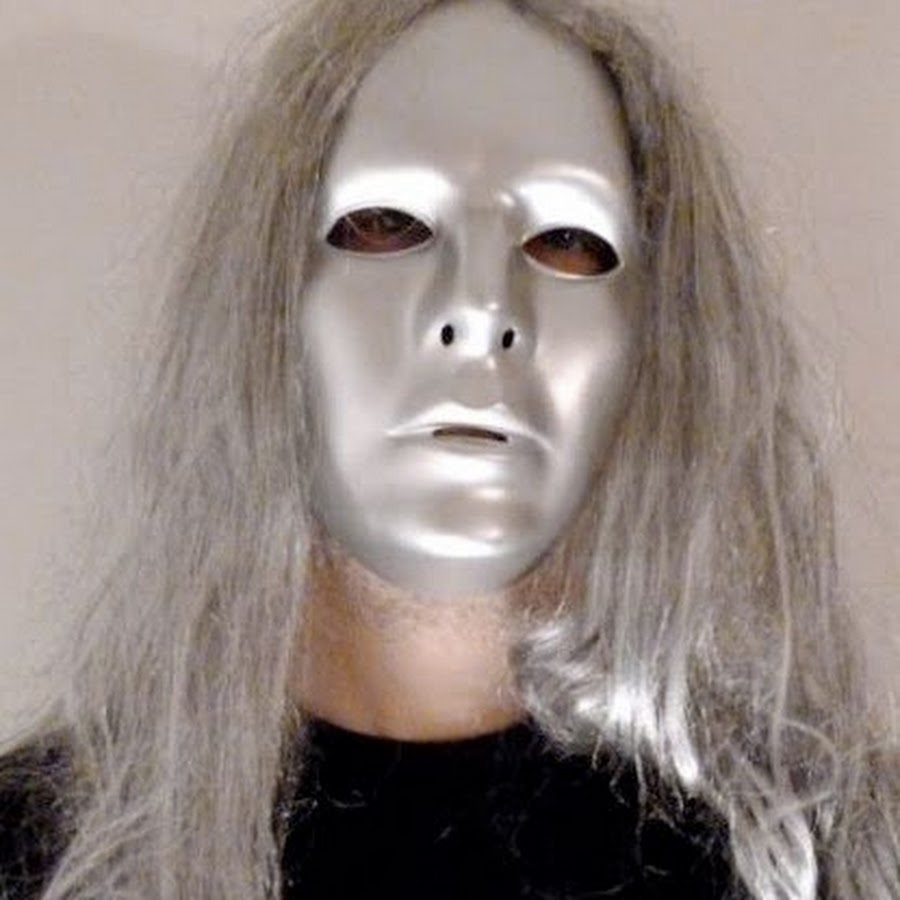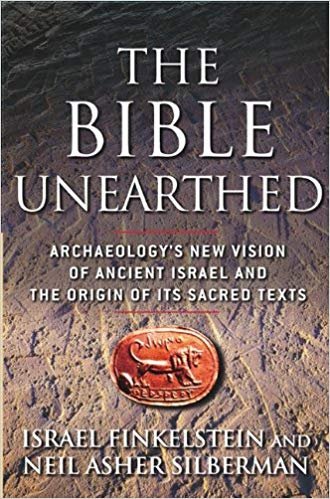 A guest post by Paul McLaughlin
A guest post by Paul McLaughlin
I was not raised in a religious family, so my path to atheism was much smoother than the terrifying, rocky road traveled by so many others who comment and post on this site. My father was diddled by a camp counsellor and rejected religion for himself. My mother died when I was 17 after a long struggle with cancer, so I don’t know much about her religious beliefs, other than that she didn’t believe in heaven. They both thought it important to send (not take) their children to Sunday school. So, the message I got was that religion — meaning middle-of-the-road Protestant Christianity — was something I should be exposed to, but it wasn’t important enough to warrant providing me with any guidance. Thankfully, I was never inculcated with the belief that I was born sinful and depraved, and if I don’t accept the truth of the Bible, I would face eternal hell and damnation, though I was aware of Christian eschatology.
When I was nine-ish, I had a Catholic friend named Jimmie. Every Saturday morning, we would go up to the Catholic church and I would wait outside while he went in and said his confession, which, he said, was so he would be free of sin at mass the next morning. Then we would spend the rest of Saturday raising hell.
When I was 14, I took confirmation classes at the local Presbyterian church, not because we were Calvinists, but because it was the closest church to where we were living. It was a mainline church — no speaking in tongues, rapturous praise or healings, just intellectual Calvinism with a dour Scottish Canadian aftertaste. Even at that age, I could see that you can’t reconcile free will and predestination. If you’re predestined to go to heaven, why be good? And if you’re predestined to go to hell, why be good? The minister and I agreed that I wasn’t to be confirmed. I’m still not.
A couple of years later, after my mother died, I found myself sitting in a nearly empty church willing myself to believe in God, Jesus, anything. But I just couldn’t do it. So I said to myself, what will happen to me if I give up this effort to will belief? The answer, as I learned over the next 50+ years, was that good things happen and bad things happen, but believing or not believing in god has no impact on what actually happens.
Shortly after that, I went to university and studied history, comparative religion and especially existentialist philosophy. My religious beliefs crystallized into a credo that I have carried with me for the rest of my life.
- There is no god. That means, no Christian god, divine Jesus, Holy Spirit, archangels, angels, saints, virgin mothers, Satan, devils, demons or any other imaginary creatures in the mythical Christian heaven and hell. It also means no Jewish god, Muslim god, Hindu gods, Greek gods, Norse gods, native Great Spirits — no gods at all. None.
- There is no divine, spiritual or metaphysical force in the universe that is concerned about the fate of individual humans or humankind in general — no fate, karma, luck (good or bad), balance, horoscope, traditional sayings or anything else controlling or even influencing what happens to people. In other words (and this is not an original thought), the universe is completely indifferent to individual humans and the human species.
- Souls? Don’t believe in them. I believe people have personalities that emerge from our biology and our experiences and are remarkably persistent over time. However, when we die, we’re done. There is nothing that is me that lives on. Whatever me is beyond a bunch of organic chemicals, is no more. (Memories of me may live on in the memories of those who know me and in the records I leave, but when no one remembers me and all the records have been lost — which will be the fate of most of us — I will be nothing.)
- There being no afterlife, there is no need to fear death.
- Evolution is the best current explanation for millions upon millions of empirical observations.
Evolution is not progressive. Species do not evolve traits for a purpose, they evolve traits as a result of random mutations that fortuitously but unintentionally improve the species’ survival chances in the face of constant environmental pressure and change. Evolution does not work toward what lies ahead; it has no goals.
For example, our species didn’t develop eyes so we could see, we have eyes because billions of years ago some organisms randomly developed light sensitivity; that light sensitivity was positively associated with species survival; as time went by, organisms with light sensitivity developed more and more complex light-sensitive organs with positive survival implications. Our eyes are not the epitome of a progressive evolution toward human eyesight. They are just one of many diverse light-sensitive organs that emerged from the random mixing and mutation of DNA in the context of environmental change. We don’t even have the best eyes.
- Likewise, the human species is not the goal or end result or peak of evolution. The idea that humanity is the progressive end result of evolution is a theological, not a scientific position, though it has been held by many scientists. Humanity developed very recently (in geological time) and is in all likelihood a doomed branch of a branch of a branch of the evolutionary tree. It is just one species among millions, most of which are extinct, with no privileged status. The inevitable fate of humanity is extinction, though we may be one of the few species to actually bring about our own extinction. There is nothing in the nature of things to prevent it. Bacteria have better odds of survival than humans.This one took me longer to wrap my head around.
- I believe that living my life according to humanistic values and principles provides a better life for me as an individual and improves the society I live in. Improving my society is positively associated with survival of my species, a social species. I believe that humanistic values and principles are better for individuals and society than religious values and principles, but not because of any supernatural warrant of their superiority. I believe this to be the case because I have empirically observed that it works.
Some humanists promote the belief that there is a universal moral law that humanistic values make the world a better place. By doing so, they make humanism into a religion, where, instead of a mythical deity or universal force at the centre, the focus is on a mythical entity called “humanity.” I find it ironic that one of the oft-repeated mantras of humanism, a nontheistic belief system, is that human life is sacred. Go figure.
- I believe that the following modern fallacies are highly dangerous to the survival of our species:
- God would not allow the human species to extinguish itself through nuclear war.
- Global warming and other forms of environmental degradation are not a real threat because God favors us.
- War is okay if God is on your side.
- Extreme nationalism is okay if it is cloaked in evangelical fervour.
- Racism is okay if you can find justification for it in the bible.
- The 2,000+-year-old collection of a stone-aged tribe’s myths, legends and laws is the inerrant word of god. Same thing for the 1,300-year-old Koran and the less-than-200-year-old Book of Mormon.
- So, how should a person who wants to be good act? This is what has worked for me:
- Be kind.
- Be tolerant of other people’s beliefs, as long as the people who hold them don’t try to harm you.
- Exercise.
- Eat well.
- Focus on the positive.
- Create good memories.
- Create a community around yourself consisting of people who want to help you when you need help by helping others when they need help.
- Focus on the people close to you — in my case, family, friends, staff, clients — people for whom you can make a difference.
- Don’t spend time and energy worrying about things you can’t do anything about, like earthquakes, hurricanes, wildfires, volcanoes, etc. in places far from home, or the moronic president of another country.
- Be wary of people who claim they have “the answer” to a problem because it is so easy for such people to slip over into proselytization, extremism and fanaticism. Answers that affect large swathes of people always have sweeping unintended consequences that, if predicted, are usually downplayed in their proponents’ zeal to change the world. Real change is usually a lot harder than it first appears.
- Avoid psychopaths, sociopaths, adults who are still adolescents, narcissists, excessive neurotics, maladaptive perfectionists, and people whose minds are closed due to religious and political ideologies that promote divisiveness and intolerance.
- Avoid people who don’t think for themselves, sponges and sharks, two-faced arseholes, power-hungry social climbers, people who lack a sense of humour, champions of big ideas, liars, thieves, con artists and mental and physical abusers.
- So, you might ask, am I not in despair about there being no deities, no heaven or hell, no afterlife? After all, what I describe is a bleak, cold, uncaring existentially absurd world in which I have no future after I die.
Well, no, I’m not in despair. To despair, I would have to believe that things could have been different — that is, the universe could have been designed to be more accommodating to human needs, and in particular, to my needs. To me, that would be the height of hubris – to believe that I and my species are so important that everything that has happened since the big bang was about creating a world for us.
So at 72, when I look back over my life, I realize it could have been better, but it could also have been worse — a lot worse. If I were religious, I would say I have been blessed, but since I’m not, all I can say is I have been fortunate. I hope that in the years I have left, I will be able to help a few people who are close to me to feel that they too have been fortunate.




